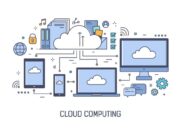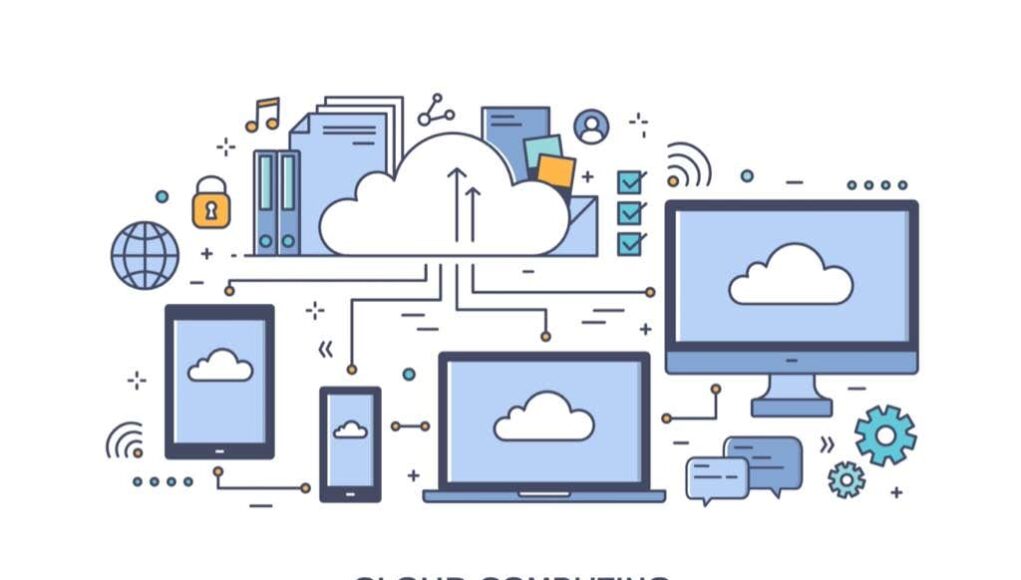Nowadays, Cloud computing is adopted by every company, whether it is a MNC or a startup and many are still migrating towards it because of the cost-cutting, lesser maintenance, and the increased capacity of the data with the help of servers maintained by the cloud providers. One more reason for this drastic change from the On-premises servers of the companies to the Cloud providers is the ‘Pay as you go’ service provided by them i.e., you only have to pay for the service which you are using. The disadvantage On-premises server holds is that if the server is not in use the company still has to pay for it.
What is Cloud Computing ?
Cloud computing means storing and accessing the data and programs on remote servers that are hosted on the internet instead of the computer’s hard drive or local server. Cloud computing is also referred to as Internet-based computing, it is a technology where the resource is provided as a service through the Internet to the user. The data which is stored can be files, images, documents, or any other storable document.
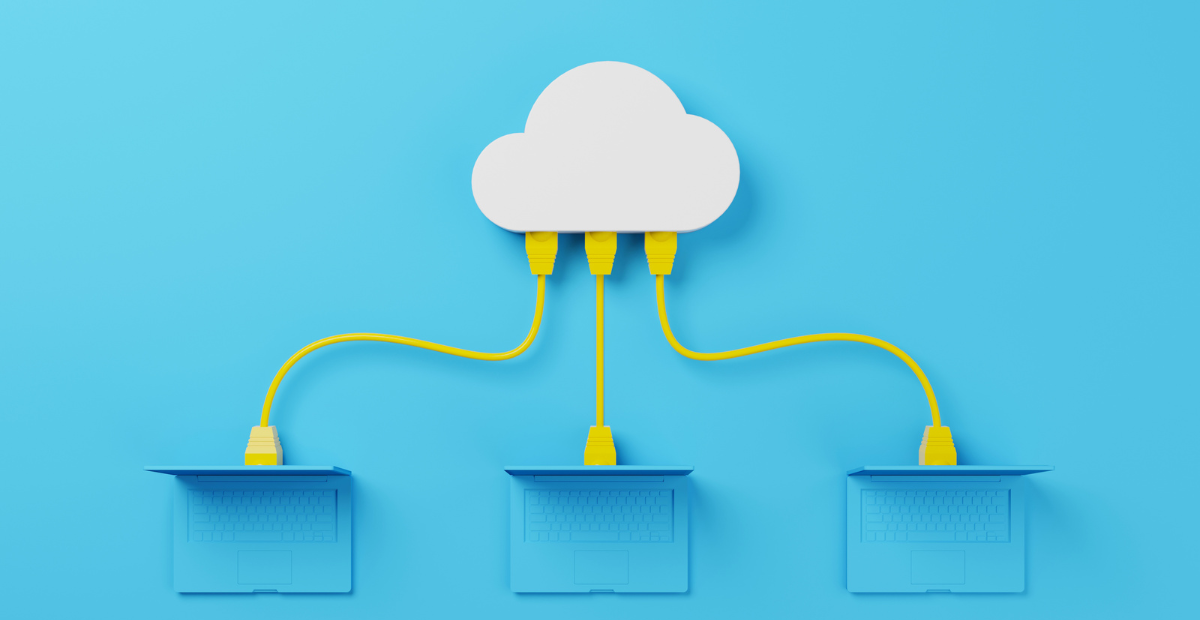
Some operations which can be performed with cloud computing are –
- Storage, backup, and recovery of data
- Delivery of software on demand
- Development of new applications and services
- Streaming videos and audio
Cloud Computing Architecture:
Cloud computing architecture refers to the components and sub-components required for cloud computing. These components typically refer to:
- Front end(fat client, thin client)
- Back-end platforms(servers, storage)
- Cloud-based delivery and a network(Internet, Intranet, Intercloud)
Why Cloud Computing?
Here are the top reasons why to switch to Cloud Computing instead of owning a database server.
1. Reduces cost :
The cost-cutting ability of businesses that utilize cloud computing over time is one of the main advantages of this technology. On average 15% of the total cost can be saved by companies if they migrate to the cloud. By the use of cloud servers businesses will save and reduce costs with no need to employ a staff of technical support personnel to address server issues. There are many great business modules regarding the cost-cutting benefits of cloud servers such as the Coca-Cola and Pinterest case studies.
2. More storage :
For software and applications to execute as quickly and efficiently as possible, it provides more servers, storage space, and computing power. Many tools are available for cloud storage such as Dropbox, Onedrive, Google Drive, iCloud Drive, etc.
3. Employees using cloud computing have better work-life balance :
Direct connections between cloud computing benefits, and the work and personal lives of an enterprise’s workers can both improve because of cloud computing. Even on holidays, the employees have to work with the server for its security, maintenance, and proper functionality. But with cloud storage the thing is not the same, employees get ample of time for their personal life and the workload is even less comparatively.
What is Cloud Hoisting
There are three layers in cloud computing. Companies use these layers based on the service they provide.
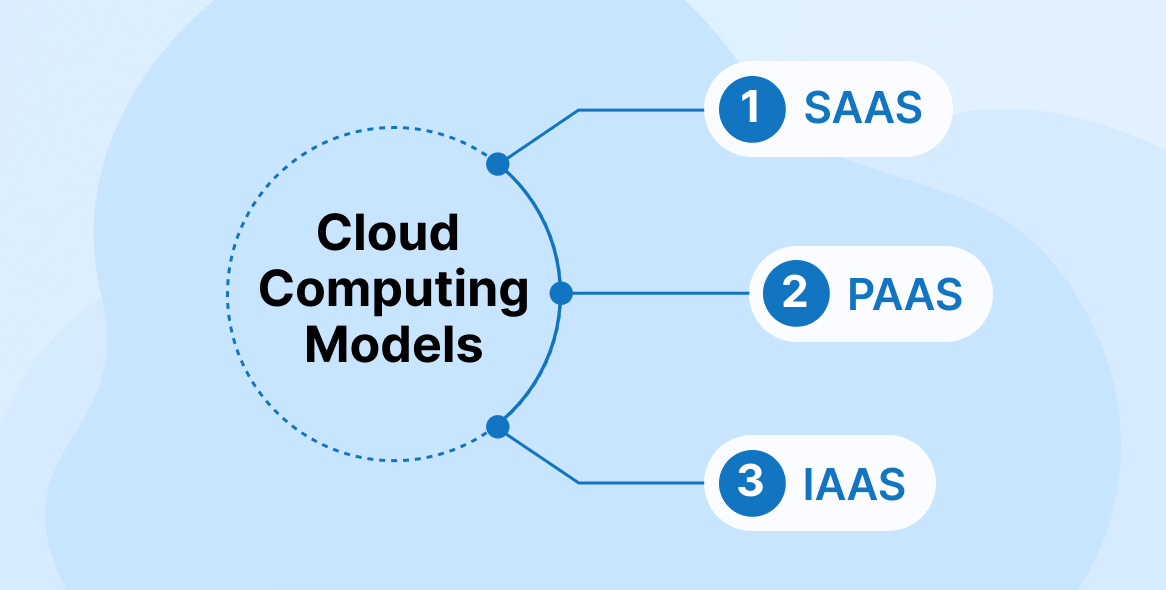
- Infrastructure
- Platform
- Application
At the bottom is the foundation, the Infrastructure where the people start and begin to build. This is the layer where the cloud hosting lives.
Now, let’s have a look at hosting: Let’s say you have a company and a website and the website has a lot of communications that are exchanged between members. You start with a few members talking with each other and then gradually the number of members increases. As time passes, as the number of members increases, there would be more traffic on the network and your server will get slow down. This would cause a problem. A few years ago, the websites are put on the server somewhere, in this way you have to run around or buy and set the number of servers. It costs a lot of money and takes a lot of time. You pay for these servers when you are using them and as well as when you are not using them. This is called hosting. This problem is overcome by cloud hosting. With Cloud Computing, you have access to computing power when you needed. Now, your website is put in the cloud server as you put it on a dedicated server. People start visiting your website and if you suddenly need more computing power, you would scale up according to the need.
Characteristics of Cloud Computing
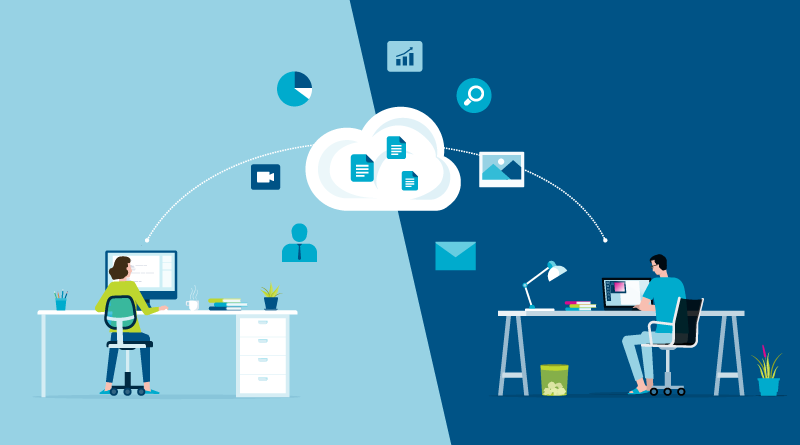
- Scalability: With Cloud hosting, it is easy to grow and shrink the number and size of servers based on the need. This is done by either increasing or decreasing the resources in the cloud. This ability to alter plans due to fluctuations in business size and needs is a superb benefit of cloud computing, especially when experiencing a sudden growth in demand.
- Instant: Whatever you want is instantly available in the cloud.
- Save Money: An advantage of cloud computing is the reduction in hardware costs. Instead of purchasing in-house equipment, hardware needs are left to the vendor. For companies that are growing rapidly, new hardware can be large, expensive, and inconvenient. Cloud computing alleviates these issues because resources can be acquired quickly and easily. Even better, the cost of repairing or replacing equipment is passed to the vendors. Along with purchase costs, off-site hardware cuts internal power costs and saves space. Large data centers can take up precious office space and produce a large amount of heat. Moving to cloud applications or storage can help maximize space and significantly cut energy expenditures.
- Reliability: Rather than being hosted on one single instance of a physical server, hosting is delivered on a virtual partition that draws its resource, such as disk space, from an extensive network of underlying physical servers. If one server goes offline it will have no effect on availability, as the virtual servers will continue to pull resources from the remaining network of servers.
- Physical Security: The underlying physical servers are still housed within data centers and so benefit from the security measures that those facilities implement to prevent people from accessing or disrupting them on-site.
- Outsource Management: When you are managing the business, Someone else manages your computing infrastructure. You do not need to worry about management as well as degradation.
